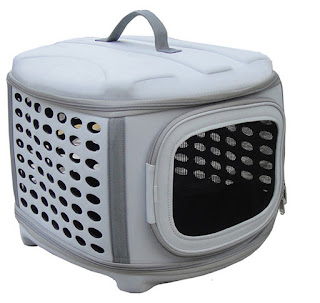Are
you planning on going on a vacation abroad with your pet dog? Needless to say,
an international tour with your dog would be a wonderful experience for both
you and your pet. However, you need to take care of certain regulatory issues
involving your pet, for a hassle-free journey. Perhaps, the most important thing
when considering international travel with a pet is getting a passport for your
dog. A dog passport, duly verified by the State authorities allows your dog to
travel to most international destinations with you, without the fear and
restriction of a mandatory quarantine. The following five points will explain
everything you need to know about dog passports.
1. A
pet passport actually refers to a set of documents which contains all the
relevant information about a particular pet animal. The passport is authorized
by an international system known as Pet Travel Scheme or PETS. Initially
introduced in UK, today the system has included almost all the countries of
European Union as well as the United States, Canada and Australia.
2. The
information requirements on the passport varies from country to country. However,
information regarding health records and inoculation verifications are
compulsory in most of the PETS member countries. Some countries also include
the use of suitable dog carriers in
their permissible check-list. It would be better if you get yourself acquainted
with the pet travel policies of the particular country you are planning to
visit beforehand.
3. Although
there might be variations, you would compulsorily need two documents to travel
to most countries from the United States. One, an annexure containing a health
endorsement by any State veterinarian. And two, an inoculation record, also
known as the Rabies Certificate attested by any registered veterinarian. For
traveling to several countries, you might also need to carry a declaration that
you are not taking your pet dog with you for any commercial purpose.
4. A
few specific countries also levy specific rules for dog travel. For example, a
few countries like the UK demand certificates for tapeworm and tick treatments
too. UK also prohibits airlines from carrying dogs in passenger cabins so a pet carrier is absolutely necessary.
Japan also demands that pet dogs are micro chipped before traveling in and out
of the country.
1.
As the PETS scheme is not yet
standardized, it is your duty to ensure that all possible requirements for dog
travel have been met. A comfortable and authority-approved airline pet carrier to carry your pet dog might be an obligatory
requirement for many countries.

